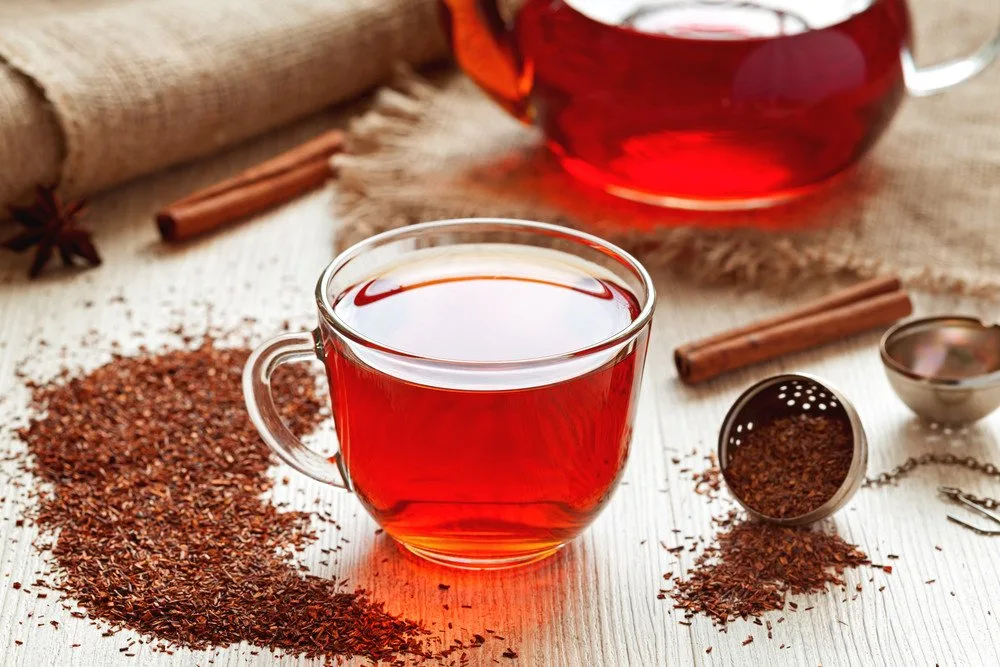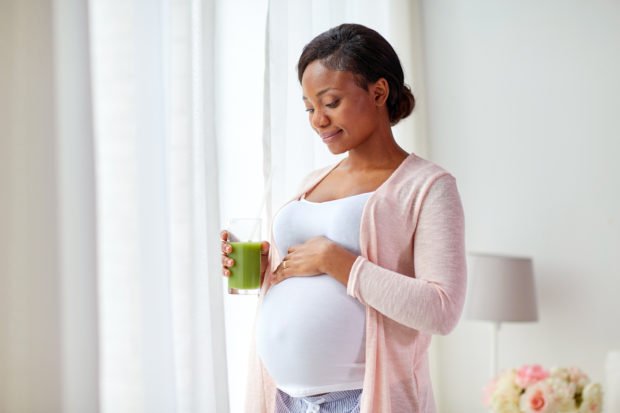A global crisis in fertility
Experts attribute the decline to economic prosperity, urbanization, and the changing models of family life as leading factors. Modern-day couples are delaying having children due to increased educational and professional opportunities, wanting to acquire wealth, travel, and explore the world before having children.
As a result, more women are having their first baby in their late twenties to early thirties.

Photo by Alex Green from Pexels
It’s not just a female issue
The increasingly low fertility rate is not just a female issue. According to the Infertility Awareness Association of SA (IFAASA), an estimated 40% of infertility issues can be attributed to men, and a further 40% to women, and the remaining 20% are a combination of both.
Dr. Crystal Meletiou, is a therapist specialising in supporting women with fertility and menopausal challenges. She says it is a common misconception that male fertility will continue well past a woman’s decline in infertility.
Fertility declines begin in your 30s
“While the effects of age on female fertility have been known for some time, more recent studies have found that the age of a male partner also affects the chance of conceiving. In women, fertility generally starts to decline in their 30s, while in men it starts to drop from age 40 when sperm quality and motility decreases.”
Health and fertility
Aside from getting the timing right, health also plays an important role in getting pregnant.
“Quitting smoking, limiting alcohol intake, getting adequate rest and exercise, along with eating a nutritionally balanced diet rich in antioxidants are some natural ways in which you can help boost fertility,” advises Dr Meletiou.
She says the benefits of natural products and antioxidants in the treatment of infertility in both male and female patients are supported by several studies. “One study, in particular, published by a team of gynecologists, obstetricians, urologists, nutritionists, and other specialists from the International Islamic University of Malaysia, discusses the benefits of antioxidants on sperm production and quality.”
 Emotional Wellbeing
Emotional Wellbeing
Besides being an advocate for emotional wellbeing when trying to conceive, Dr. Meletiou is a firm believer that the properties of natural remedies can play a significant role in the struggle with infertility.
One such natural remedy may be our indigenous, Rooibos tea.
Adele du Toit, spokesperson for the SA Rooibos Council (SARC) refers to various papers that point to how Rooibos could benefit reproductive health in both men and women.
What is Rooibos?
The 300-year-old rooibos (pronounced “roy-boss”) is a herb native to South Africa that isn’t even a true “tea” at all. Rather, it’s a plant that, when harvested and dried, can be brewed into a reddish-brown herbal infusion dubbed “African red tea” or “red bush tea” by the tea industry.
Many health benefits of Rooibos
People have been talking and writing about the health benefits of rooibos since the late 1960s. This widespread anecdotal evidence, and the presence of a blend of antioxidants in the product, whet the research appetites of several scientists in South Africa and around the world. The active ingredients in Rooibos are polyphenolic compounds. Polyphenols are characteristic chemical structures produced by plants.
Scientifically researched
A convincing body of evidence confirming the potential health properties of Rooibos has been built up, mostly based on in vitro work (in test tubes) and in vivo work (with live animals). There are vast amounts of scientific literature. This includes various research articles in high-impact, peer-reviewed scientific journals.
Why is it so healthy?
Rooibos contains a complex and abundant blend of antioxidants.
- Rooibos is the only known source of a specifically beneficial and rare antioxidant called aspalathin.
- Unfermented (green) Rooibos has higher levels of antioxidants than traditional, fermented Rooibos.
- The antioxidants in Rooibos are potent enough to measurably elevate the antioxidant levels in blood, thereby boosting the body’s internal defense systems against disease. The effect peaks about an hour after drinking 500 ml Rooibos tea.
- The antioxidant content of Rooibos also depends on the soil conditions of the region where the plant was grown, and on how the infusion was prepared, i.e. ratio of leaves to water, the temperature of the water, extraction time, stirring, etcetera.
Scientific study shows Rooibos can help with fertility
“The Department of Biomedical Sciences at Cape Peninsula University of Technology (CPUT), which compared the effects of red and green Rooibos, Chinese green tea, and commercial Rooibos and green tea supplements on rat sperm, found that sperm count and motility were significantly higher for rats on red and green Rooibos due to their high antioxidant content than any of the other groups.
“A further two studies, one conducted by CPUT on diabetic rats – a condition which is often associated with male reproductive issues, such as low sperm count and another piloted by the University of the Western Cape and the University of Limpopo on rodents that were fed Rooibos tea for 52 days, again confirmed Rooibos’ beneficial effect on sperm concentration, viability, and motility.”
Women, Fertility, and Rooibos tea
The tea may also hold advantages for women, she says. According to a study published in the SA Journal of Botany, Rooibos improved the overall health of the uterus, endometrial lining, and ovaries in female rats after 21 days of consumption.
Researchers from Stellenbosch University also confirmed Rooibos’ phytoestrogenic properties. Phytoestrogens are naturally occurring plant estrogens that have a similar chemical structure to human estrogen. Interest in plant-based estrogens or phytoestrogens as an alternative to hormone replacement therapy (HRT) or estrogen replacement therapy (ERT) is on the increase as many women are reluctant to take conventional medication to reduce menopausal symptoms, which makes this finding significant.
Bottom line
Du Toit says that although many of these studies were conducted in rodents, Rooibos could potentially have the same positive effect on human fertility. “As with everything, moderation is key, but up to six cups of Rooibos can be consumed daily.”
References
PubMed: Male Infertility: The Effect of Natural Antioxidants and Phytocompounds on Seminal Oxidative Stress
https://pubmed.ncbi.nlm.nih.gov/28933362/
Research Gate: https://www.researchgate.net/publication/221732290_The_Effects_of_Rooibos_Aspalathus_linearis_Green_Tea_Camellia_sinensis_and_Commercial_Rooibos_and_Green_Tea_Supplements_on_Epididymal_Sperm_in_Oxidative_Stress-induced_Rats
PubMed: In vivo effects of Aspalathus linearis (rooibos) on male rat reproductive functions
https://pubmed.ncbi.nlm.nih.gov/24007336/
Stellenbosch University: At the heart of Rooibos benefits: https://www.sun.ac.za/english/Lists/news/DispForm.aspx?ID=5360
READ MORE ABOUT ROOIBOS
Rooibos has also been proven to help manage diabetes. Click here to read more about Rooibos.



 Emotional Wellbeing
Emotional Wellbeing![women [longevity live]](https://longevitylive.com/wp-content/uploads/2020/01/photo-of-women-walking-down-the-street-1116984-100x100.jpg)










